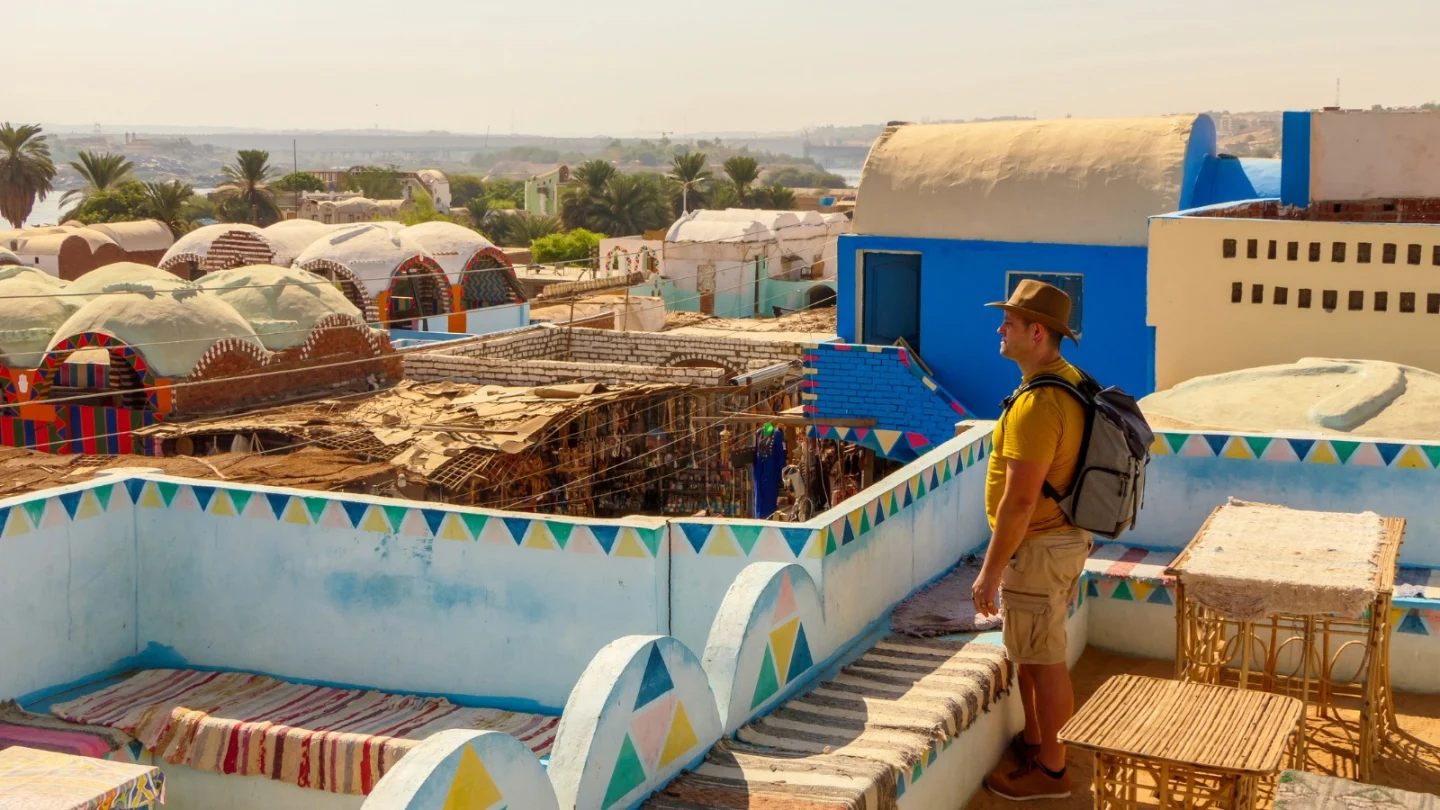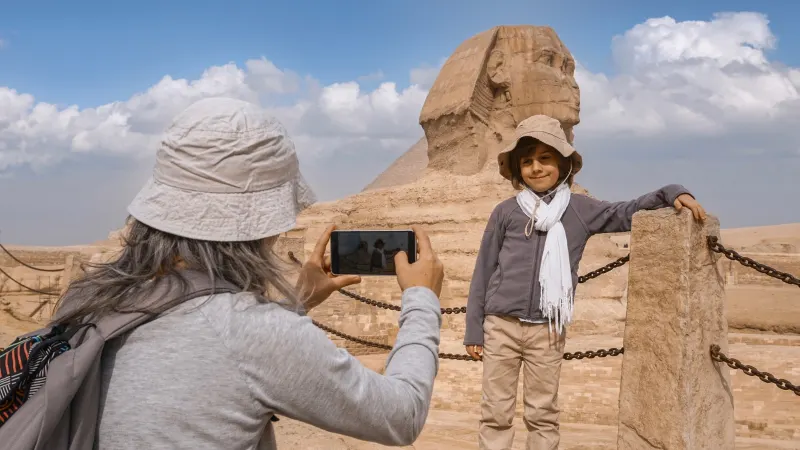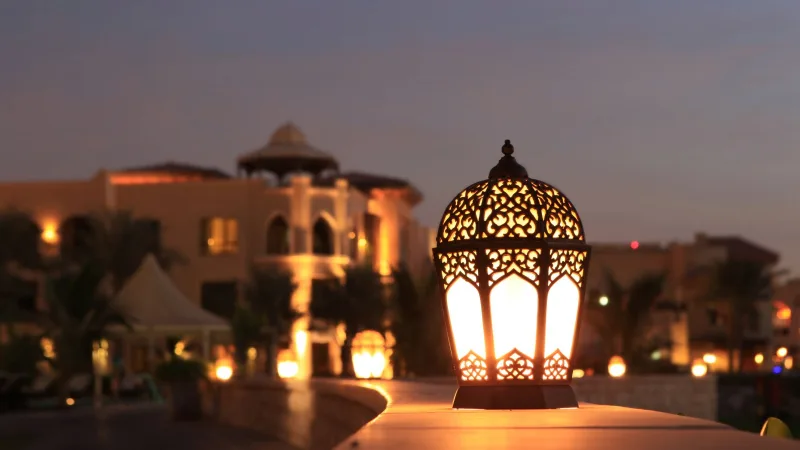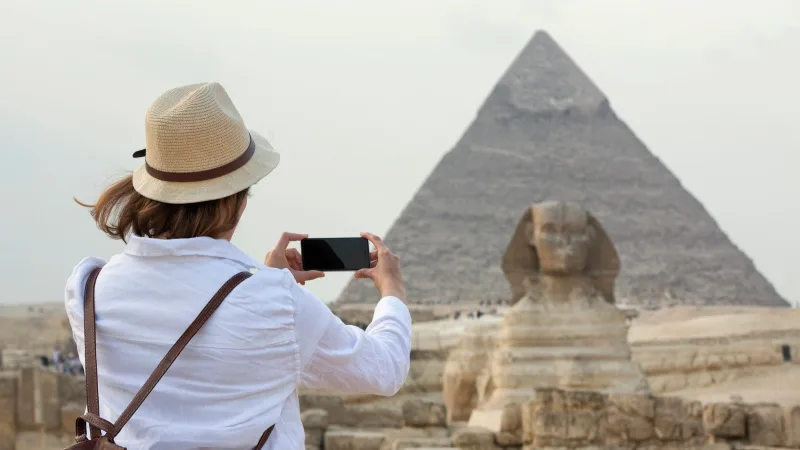Egypt, a land of timeless wonders and ancient mysteries, beckons travelers from around the globe. From the colossal pyramids of Giza to the serene beauty of the Nile River, Egypt offers a rich tapestry of history, culture, and breathtaking landscapes. The allure of its ancient civilization is matched only by the warmth and hospitality of its people. As a travel destination, Egypt promises an unforgettable journey through time.
When planning a trip to Egypt, one of the most crucial decisions is choosing the right time to visit. While Egypt's attractions are awe-inspiring year-round, the experience can vary significantly depending on the season. Understanding the best time to visit Egypt is key to maximizing your enjoyment and ensuring a comfortable and rewarding adventure.
In this article, I'll guide you through the secrets of perfect timing for your Egyptian adventure, from weather patterns to cultural festivals. Whether you're interested in exploring ancient ruins, sailing the Nile, or simply soaking up the sun, knowing when to visit will enhance every moment of your journey.





